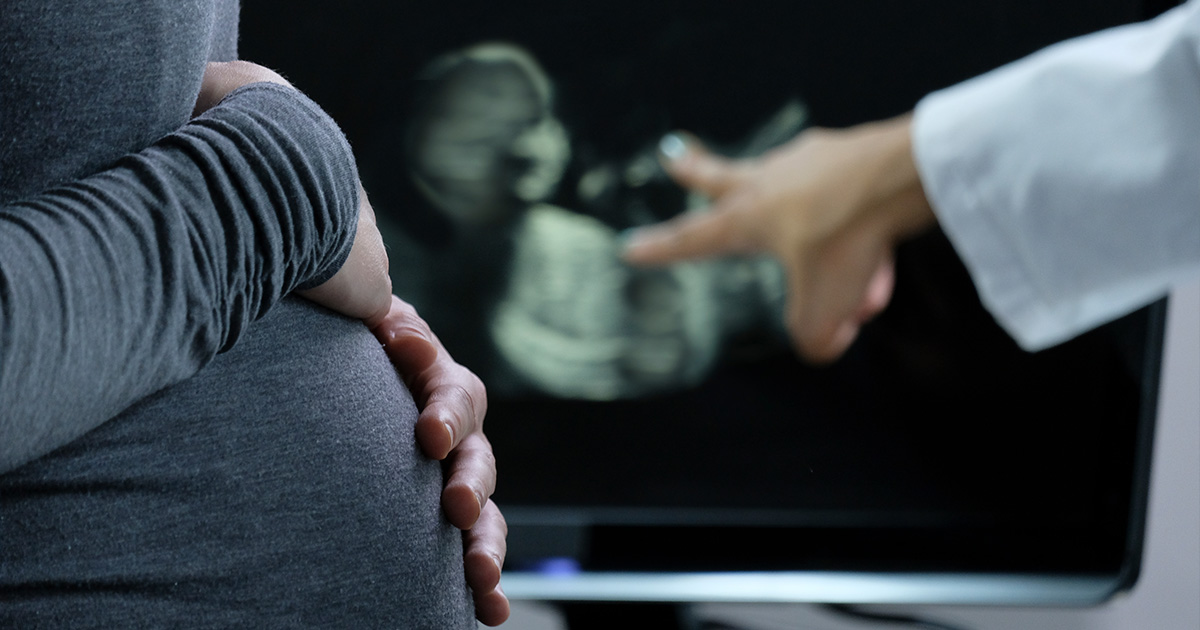

Prenatal Screenings and Abortion
We must always resist the temptation to build a perfect world, especially when it comes “not by eliminating defects, but eliminating people.”
06/2/22
John Stonestreet Kasey Leander

Technology is a gift, but there are real problems with certain forms of prenatal screening. When used to help parents prepare to care for an infant with anticipated genetic conditions, it’s an amazing asset. Instead, it is too often used to decide whether or not a child should live.
Recently Daniel Navon, in an article written for Scientific American, raised his own concerns. “Prenatal screening is big business,” he writes. “The annual market for [noninvasive prenatal screening technology] is already around $4 billion dollars and is growing rapidly.”
The problem is that “including a condition on a prenatal genetic test implies that it may be incompatible with a ‘life worth living.’” One result, he warns, could be that religious communities, and staunchly pro-life states, will see increasing populations of those with genetic disorders.
So be it. That wouldn’t be a crisis. We must always resist the temptation to build a perfect world, especially when it comes “not by eliminating defects, but eliminating people.”
If Navon’s predictions prove true, it would be a badge of honor.
Have a Follow-up Question?
Related Content

© Copyright 2020, All Rights Reserved.














